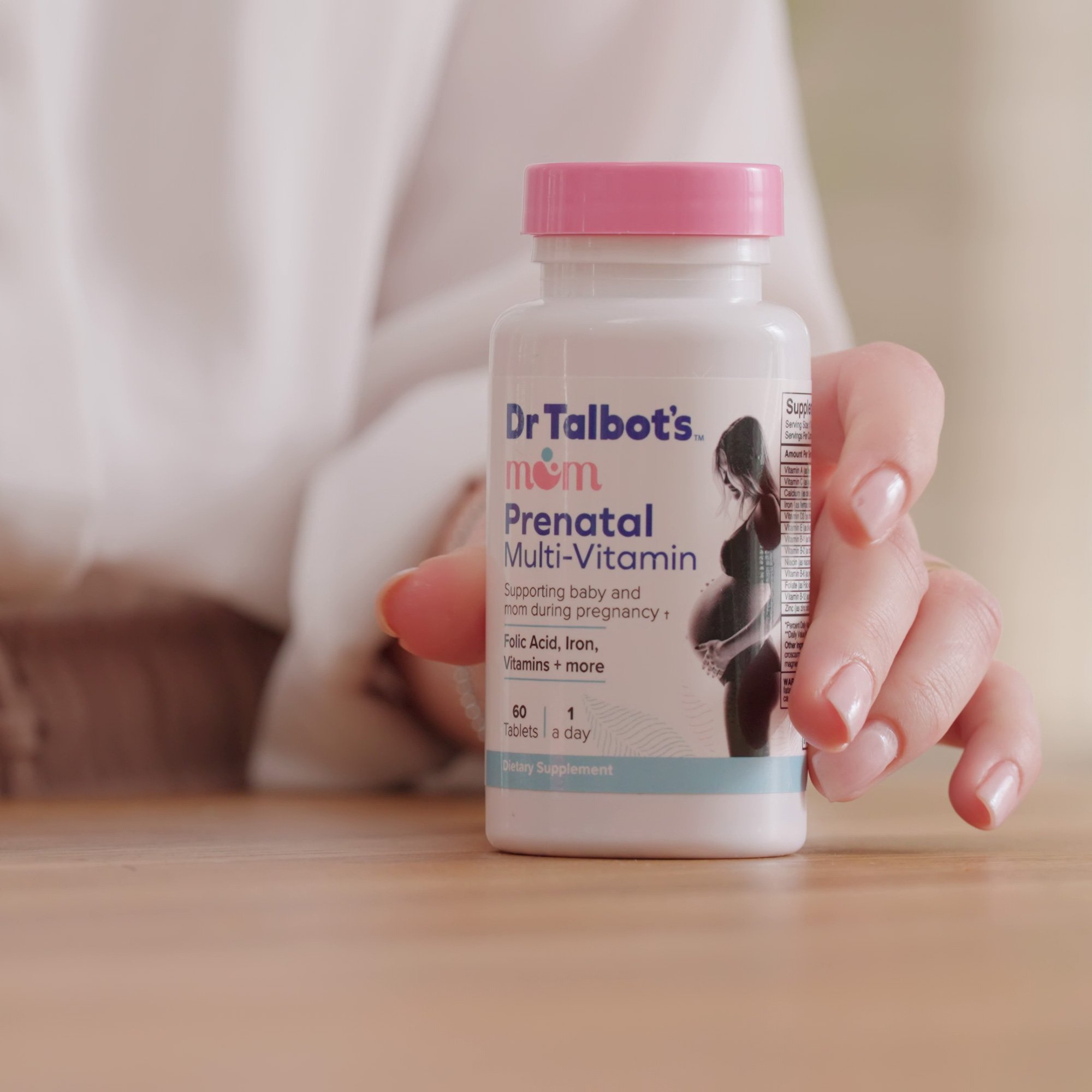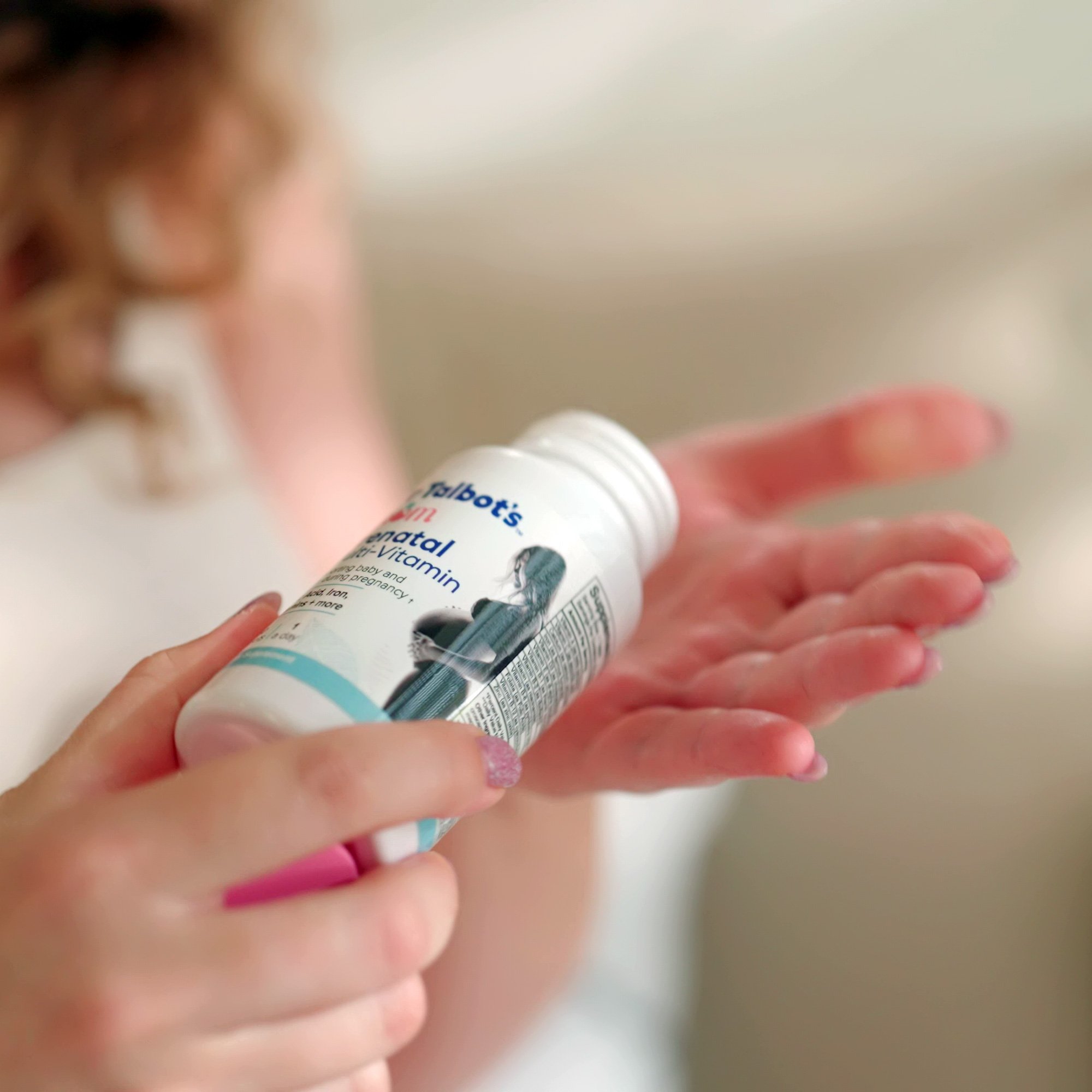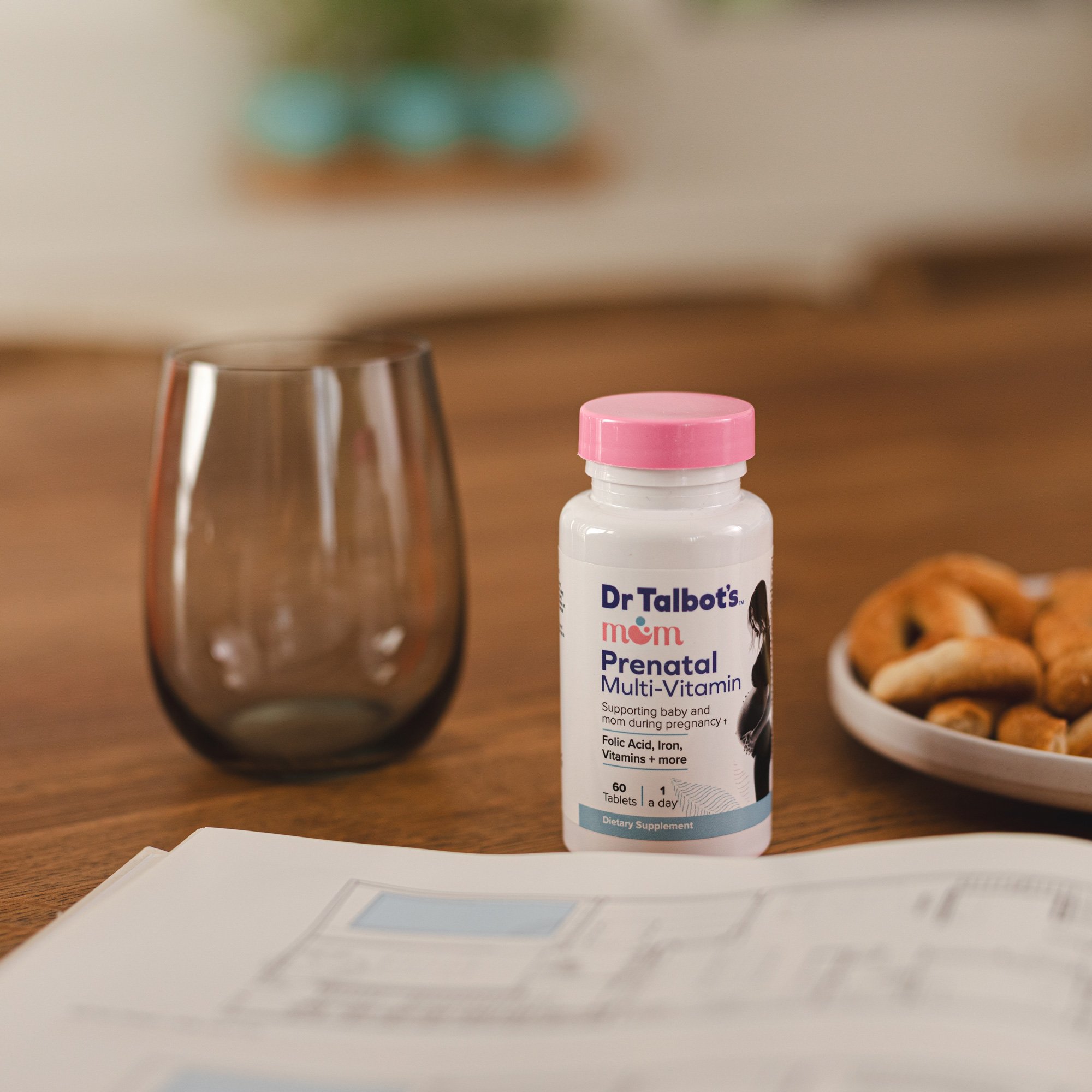Ultimate Guide to Prenatal Care and Vitamins
Pregnancy is a special journey, and every mother deserves a healthy pregnancy and childbirth. During this period, your body goes through different physiological and hormonal changes, so you need special care to ensure a healthy pregnancy. Even if you’re in good health, pregnancy complications can happen, and the best way to deliver a healthy baby is by starting prenatal care early.

What is Prenatal Care?
Prenatal care is the healthcare you receive while pregnant. Office visits, diagnostic tests and ultrasounds, counseling, and emotional support are all part of the specialized care. For the unborn baby, prenatal care involves different types of fetal monitoring, such as monitoring growth and heart rate and screening for signs of premature labor.
Benefits of prenatal care for both mother and baby
A healthy pregnancy is one of the best ways to ensure a healthy birth. Early and regular prenatal care visits improve your chances of having a healthy baby by:
- Identifying and treating developmental problems — Prenatal care lets your doctor spot a problem in your pregnancy early. The doctor can conduct various screenings and diagnostic tests to monitor your progress and treat any condition as soon as it’s detected.
- Reducing complications — Your doctor can help you create and implement nutritional and exercise guidelines to maintain a healthy weight and lower the risks of complications.
- Managing existing health conditions — If you have existing conditions such as diabetes or high blood pressure, your doctor can evaluate their possible effect on the baby and screen your current medications to ensure they’re safe for your baby’s development.
- Planning and getting the support you need — Your doctor is there to support you during your pregnancy until your baby’s birth. They can provide the resources to understand the labor process, breastfeeding, and even counseling so you have everything you need to deliver a healthy baby.
Understanding Prenatal Vitamins
The right nutrition is important in the prenatal period. Nutritional deficiencies have been linked to preeclampsia (high blood pressure during pregnancy), restricted fetal growth, skeletal deformities, and low birth weight.
One of the best ways to ensure you get all the essential nutrients is by taking prenatal vitamins. They are some of the most effective supplements to promote a healthy pregnancy and give your baby a better chance at a healthier life.
What is a Prenatal Vitamin?
A prenatal vitamin is a supplement that contains all the recommended daily vitamins and minerals you and your baby need.

What is in Prenatal Vitamins?
Some of the essential nutrients and ingredients commonly found in prenatal vitamins include:
- Folate (folic acid) — Folate is the natural form of vitamin B9 and one of the most essential nutrients during pregnancy. In fact, doctors recommend taking folate when you’re planning to have a baby. Daily folate intake supports your baby’s growing cells and can help reduce the risk of brain and spinal defects.
- Iron — Your body uses iron to make hemoglobin, which transports oxygen throughout your body. During pregnancy, you need more iron to deliver blood and oxygen to your baby.
- Calcium — Calcium supports the healthy development of your baby’s bones and teeth, in addition to promoting nervous system health and a normal heart rhythm. Pregnant women who do not consume enough calcium are at greater risk of developing osteoporosis later in life.
- Vitamin D — Vitamin D is also essential for your baby’s bones and teeth. Plus, getting enough vitamin D during pregnancy can reduce the chances of heart disease and preterm birth.
- DHA — DHA (docosahexaenoic acid) is a type of omega-3 fatty acid that supports healthy development of the baby’s brain and eyes.
- Iodine — Iodine is essential for producing thyroid hormones, which regulate metabolism and support the development of the baby’s brain and nervous system.
Choosing the Right Prenatal Vitamin
Are you pregnant or planning to have a baby? Prenatal vitamins come in different forms, like gummies and pills, and you have to account for other factors like allergies and your specific nutritional needs.
Here are some considerations you can think about to make the best choice:
- Nutrient composition — Look for prenatal vitamins with essential nutrients like folic acid, iodine, iron, and calcium. Check the product labeling and ingredients to ensure you’re getting the right amount for you and your baby’s health.
- Quality and safety — Many vitamins are not scrutinized for quality control. Ensure you are buying vitamins from a trusted brand.
- Ease of use — Choose a palatable product, especially when experiencing morning sickness.
- Talk to your doctor — Consult with your doctor first to get personalized advice on prenatal vitamins based on your health needs.

Frequently Asked Questions
Why is prenatal care important?
Prenatal care helps your doctor identify and treat developmental problems early, which can help reduce pregnancy complications.
What are prenatal vitamins, and why are they important?
Prenatal vitamins are supplements that provide essential nutrients like folic acid, iron, calcium, and DHA to promote a healthy pregnancy. They can help prevent nutritional deficiencies linked to complications such as low birth weight and fetal developmental issues.
When should you start taking prenatal vitamins?
Consider taking prenatal vitamins as soon as you start getting pregnant or after finding out you’re pregnant. Starting early ensures your body has all the essential nutrients to support your health and your baby’s development.
Give Your Baby a Healthy Start in Life
Taking care of yourself during pregnancy is one of the best gifts you can give your baby. Plan regular prenatal visits to monitor your progress and catch any potential issues early. This kind of care will also lower the chance of complications and help ensure a smoother delivery.
In addition to prenatal care, ensure you’re taking the right prenatal vitamins. They are packed with essential nutrients like folic acid, iron, calcium, and DHA.